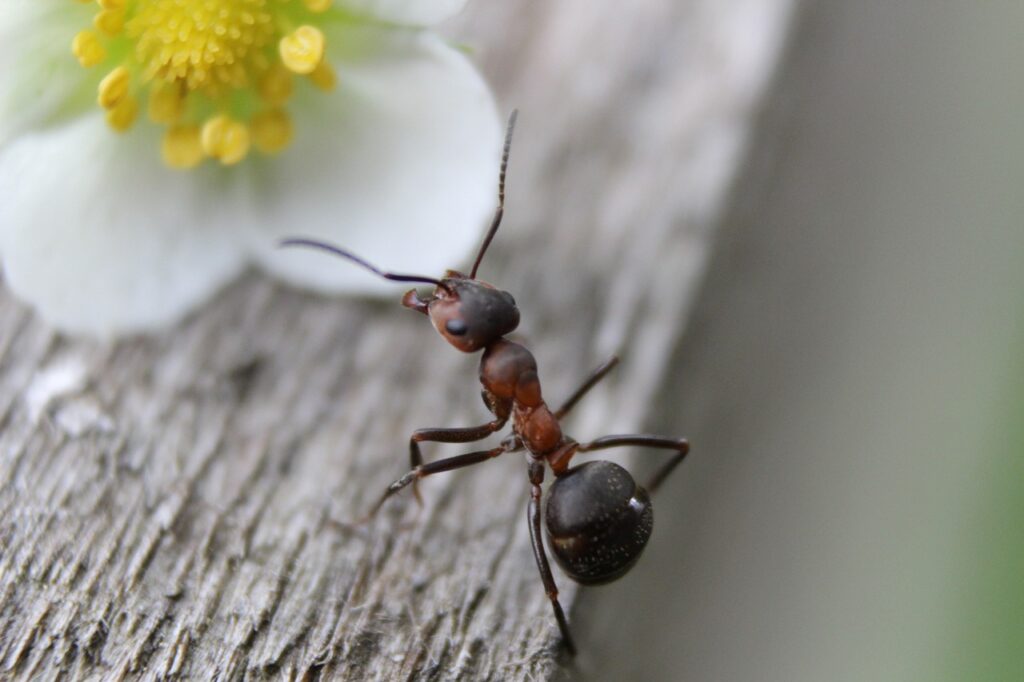Have you ever spotted a few tiny ants marching across your kitchen counter or trailing along your bathroom floor? It might seem like a minor annoyance at first, but those small ants could signal a bigger issue if left unchecked. In this blog post, we’ll discuss why it’s important to act swiftly when dealing with small ants in your home and how to prevent their return in the future.
Why Act Quickly?
Small ants may seem harmless, but they can quickly multiply and establish large colonies within your home. Here’s why it’s crucial to address them promptly:
Prevent Infestation: Ants are social insects that communicate using pheromone trails. When you spot a few ants, it likely means there’s a larger colony nearby. Acting fast can prevent these ants from establishing a nest in your home.
Protect Your Food: Ants are attracted to food sources. If left unchecked, they can contaminate your food and become a nuisance in your kitchen and pantry.
Avoid Structural Damage: While small ants typically don’t cause structural damage like termites, some species can still weaken wood by nesting in it. Addressing the issue early can prevent any potential damage.
How to Deal with Small Ants
Here are steps you can take to effectively deal with small ants in your home:
Identify Entry Points: Determine how ants are getting into your home. Seal cracks, gaps around windows, and doors to prevent their access.
Clean Thoroughly: Keep your home clean, especially kitchen surfaces and floors. Wipe up spills promptly, and store food in airtight containers.
Use Natural Deterrents: Certain substances like vinegar, lemon juice, or essential oils (e.g., peppermint, tea tree) can repel ants. Spray these around entry points and along ant trails.
Set Traps: Place ant baits or traps near where you’ve seen ants. These baits are carried back to the colony and can help eliminate the entire nest.
Consult Professionals: If the infestation persists or if you’re dealing with a large number of ants, consider consulting pest control experts. They can offer targeted solutions based on the ant species and the extent of the infestation.
Preventing Future Ant Problems
Once you’ve dealt with the immediate ant issue, take these steps to prevent them from returning:
Maintain Cleanliness: Regularly clean your home, especially areas where food crumbs and spills are common.
Store Food Properly: Keep food stored in sealed containers and promptly clean up any spills or crumbs.
Trim Vegetation: Ants often use tree branches or shrubs as bridges into homes. Trim back vegetation touching your house.
Address Moisture Issues: Fix leaks and eliminate standing water, as some ants are attracted to moisture.
Regular Inspections: Periodically inspect your home for signs of ants or other pests, and address any issues promptly.
By acting swiftly and taking preventive measures, you can effectively deal with small ants in your home and reduce the likelihood of future infestations. Remember, early intervention is key to keeping your home ant-free and ensuring a hygienic living environment.

